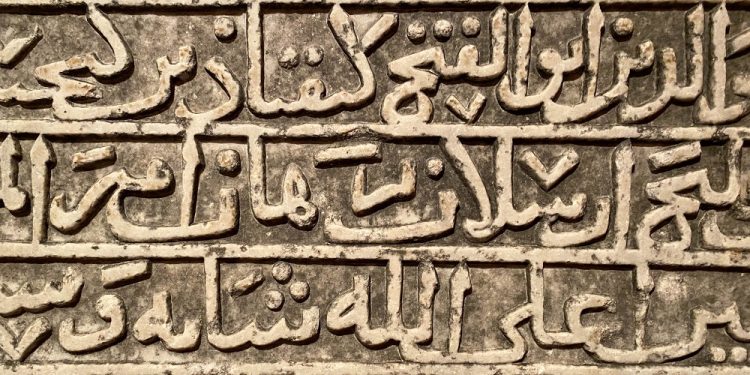
Arabic Language Day
Arabic is one of the oldest languages in the world, and it is estimated that Classical Arabic has been around since the 6th century, while English has only been around since the 7th century. It was born out of the Proto-Semitic languages of the Middle East and is now spoken by over 400 million people across the world.
That makes it the sixth most spoken language in the world. Because of its widespread use and ancient history, Arabic is a language that has been given its own holiday, observed every December 18th, and known as Arabic Language Day.
Interesting Facts About The Arabic Language
We have collected quite a collection of facts about the Arabic language during our research of Arabic Language Day, and we wanted to share some of these facts with everyone reading about this holiday. We have placed these facts in a convenient bullet form below.
- Arabic has influenced most European languages, as well as some Asian and African languages.
- English words such as algebra, algorithm, candy, cotton, giraffe, and sugar have been borrowed from Arabic.
- There are over 14 different Arabic words for love.
- Arabic does not contain capital letters.
- Arabic words are read from right to left.
- In more than 20 countries, Arabic is the official language.
- Arabic is the sixth most spoken language in the world.
- Instead of an alphabet writing system, Arabic uses an Abjad writing system.
Observing Arabic Language Day
This holiday can be observed by taking the time to learn more about Arabic or even starting to learn the language. It is also a good day for teachers to promote cultural understanding in schools.
This holiday is not an official holiday, and as such, most places will remain open on this day. While celebrating this holiday, people can use the hashtag #ArabicLanguageDay to spread the word about it on social media.








